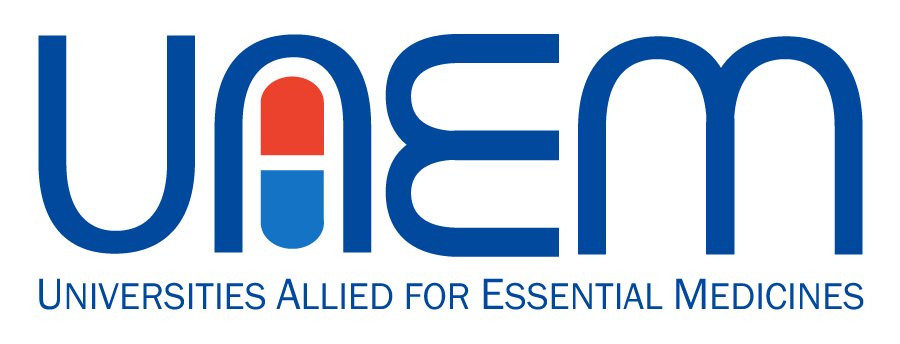TAKE BACK OUR MEDICINES
Universities have a moral responsibility to manage the public research funding they receive conscientiously and in the best interest of the welfare of the public. However, universities are handing over their findings without ensuring they will be used to make medicines that remain affordable and accessible to the public who funded the research in the first place.
To help universities remedy this, and to ensure public return of public investment, UAEM has developed a policy framework that universities can implement into their licensing policies to improve their responsible knowledge stewardship through socially responsible licensing.
UAEM students around the world have been organizing for access to medicines by changing university policy since 2001.
A MAJOR WIN FOR STUDENT ORGANIZING IN 2022!
In 2018 upon learning that the exorbitant price of Xtandi, a prostate cancer drug developed on the UCLA campus, would not be accessible domestically or globally to some of those who would need it most, UAEM students from the University of California, Los Angeles (UCLA) began organizing. And finally in 2022, after years of campaigning we could announce that we won!
The students pressured the university to introduce new guidelines for ensuring access to all new medicines. You can read the latest here even follow some of the campaigning in the upcoming documentary called "White Coat Rebels".
However, these guidelines were not applied retrospectively to Xtandi, the drug that mobilized UCLA students in the first place. Read the latest in this op-ed by a UAEM UCLA student in the Daily Bruin. In January 2022, UAEM joined the petitions to grant march-in rights on patents on Xtandi. We are asking that HHS urgently hold a public hearing to provide the supporters and the opponents of using the march-in authority an opportunity to present evidence in support of their positions. Prostate cancer has the widest racial disparities of any cancer. In the U.S., Black men have twice the prostate cancer mortality and 60% greater incidence than White men. If the HHS were to decide not to grant march-in rights on Xtandi, this decision would disproportionately impact the health of Black men in the U.S., further exacerbating disparities in health outcomes.
UAEM also took the extraordinary step of asking the Secretary of HHS Xavier Becerra and Dr Lawrence A. Tabak, the Acting Director, to recuse the NIH's top technology transfer official, Mark Rohrbaugh, from having any decision-making role in response to the 2022 march-in petition due to his close relationships with lobbyists who work to weaken public interest safeguards under the Bayh-Dole Act.
LATEST UPDATES
On May 2, 2022, the UAEM North America team sent a letter to Ron Klain, White House Chief of Staff. The letter requests assurance that White House officials with financial conflicts of interest recuse themselves from the review of the petition asking the government to march-in and exercise other rights to the life-saving prostate cancer drug Xtandi (enzalutamide) originally developed with funds from the National Institutes of Health (NIH) and Department of Defense (DOD) at the University of California, Los Angeles (UCLA). Read the full text here.
